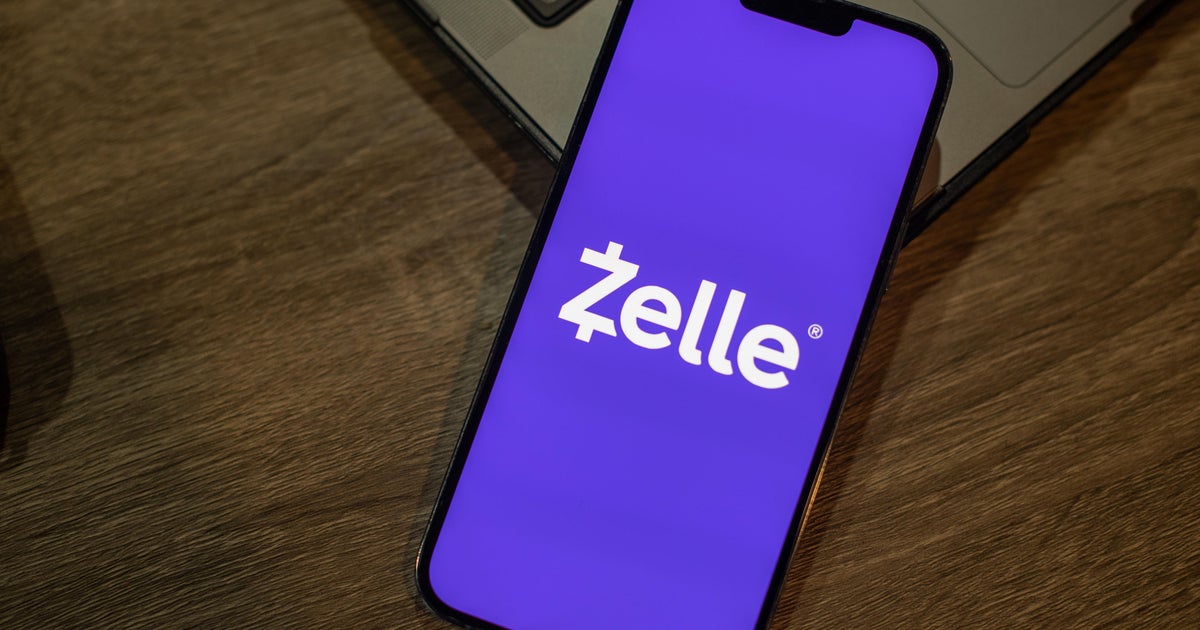Immigration advocates just sued the Department of Homeland Security over its "Remain in Mexico" policy
Immigration advocates are suing the Department of Homeland Security and Secretary Kirstjen Nielsen — and other individuals and U.S. agencies — over the Trump administration's newly implemented "Migrant Protection Protocols" initiative, which forces some asylum seekers to wait in Mexico while they await immigration court dates. Many refer to the initiative as the "Remain in Mexico" policy.
The Southern Poverty Law Center and American Civil Liberties Union officially challenged the policy Thursday in a lawsuit dubbed Innovation Law Lab et al. v. Nielsen et al. The suit claims "Migrant Protection Protocols" violates the Immigration and Nationality Act, the Administrative Procedures Act and various international human rights laws.
The suit represents 11 asylum seekers and six organizations impacted by the policy. The 11 asylum seekers — 10 men and one woman — are from Honduras, El Salvador and Guatemala and from different families, said a person close to the suit.
"Migrant Protection Protocols" is possibly the biggest change to immigration policy implemented by the Trump administration. When it was announced in December, it immediately drew criticism from immigration advocates who called it "due process disaster."
Prior to the December announcement, asylum seekers had been allowed to live in the United States while wearing an ankle monitor as they waited for immigration court dates.
Under the new plan, some asylum seekers who cross the border at in San Ysidro, a legal checkpoint in San Diego immediately north of the U.S.-Mexico border, are processed by immigration officials and then returned to Tijuana, according to a Department of Homeland Security (DHS) official. They receive an 800-number to check the status of their case, as well as a return date for when their asylum claim will be processed.
According to a fact sheet released last month by DHS, the program applies to "aliens arriving in the U.S. on land from Mexico (including those apprehended along the border) who are not clearly admissible and who are placed in removal proceedings."
The policy has rolled out in Tijuana and San Diego with the intention that it ultimately be adopted at check points across the southern border.
The policy is meant to address concerns that asylum seekers fail to show up for court hearings, according to Homeland Security Secretary Nielsen.
"Aliens trying to game the system to get into our country illegally will no longer be able to disappear into the United States, where many skip their court dates," Nielsen wrote in a press release in December when the policy was announced.
Nielsen said in congressional testimony in December when she announced "Migrant Protection Protocols" that asylum seekers "more than not" fail to show up to their court dates. And President Trump said in January that only two percent of asylum seekers make their court dates. However, Justice Department shows that 89 percent of asylum seekers were present for their court hearings in fiscal year 2017.
About 93,000 migrants claimed asylum in the United States in fiscal year 2018. Under the new policy, many of those immigrants would be sent to Mexico. But some officials there have said the country isn't equipped to handle them.
Tonatiuh Guillén, the commissioner of Mexico's National Migration Institute, a federal agency, said at a December press conference that Mexico has neither the operational or legal capacity to receive the asylum seekers the United States was planning to send into its territory. "We can't receive them," he said, according to a translation by CBS News.
However, the spokesperson for the Mexico Committee on Foreign Relations said at a press conference last month that while his government didn't agree with the United States' new protocol, it would comply.
The ACLU and SPLC filed their suit in the Northern District of California.



